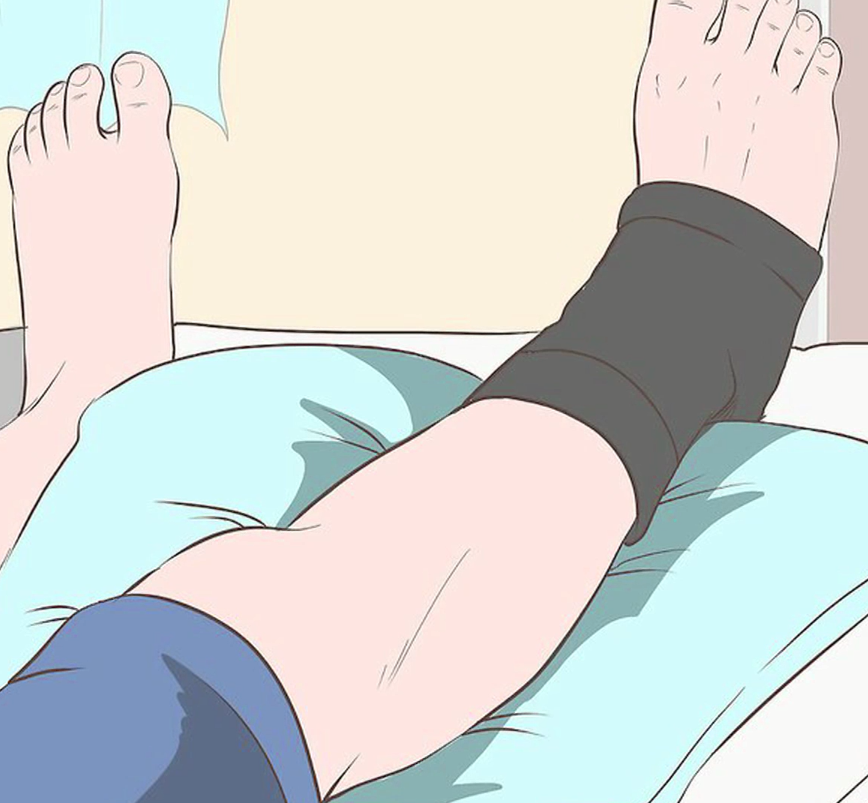Patient Care in Plaster Casts

Meaning of plaster cast
Plaster casts are made up of a bandage and a hard covering (usually plaster of Paris). They allow broken bones in the arm or leg to heal by holding them in place, and usually need to stay on for 4 and 12 weeks.
Taking good care of your cast will help ensure a better recovery.
Plaster cast care advice
- Keep your arm or leg raised on a soft surface, such as a pillow, for as long as possible in the first few days. This will help any swelling to go down and will help the cast dry correctly.
- Don’t get your plaster cast wet. This will weaken it, and your bone will no longer be properly supported.
- You can use a plastic bag to cover up the cast when you have a bath or shower.
- Alternatively, it is possible to buy special covers for plaster casts to dry .If your cast gets wet, contact your hospital for advice as soon as possible.
- Always remove the bag as soon as you came to avoid causing sweating, which could also damage the cast.
- Even if the plaster cast makes your skin feel very itchy, don’t be tempted to poke anything underneath it, as this could cause a nasty sore. The itchiness should settle down after a few days.
More plaster cast tips
- Exercise any joints that aren’t covered by the cast – such as your elbow, knee, fingers or toes – to help improve your circulation.
- Avoid getting small objects, powders and sprays inside your cast, as they could irritate your skin.
- Don’t try to alter the length or position of your cast.
- Don’t lift anything heavy or drive until the cast has been removed.
- Use crutches or a sling, as advised by your health professional.
- Use painkillers if you experience any pain.
- You can usually return to school or work with a cast, but you should avoid strenuous activities that may damage the broken bone or cast.
Plaster cast problems
- If plaster cast still feels too tight after keeping it elevated for 24 hours
- If fingers or toes on the affected limb feel swollen, tingly, painful (even after taking painkillers) or numb
- Fingers or toes turn blue or white
- Cast feels too loose
- Cast is broken or cracked
- The skin underneath or around the edge of your cast feels sore
- There is an unpleasant smell or discharge coming from your cast
- If you have any concerns about your plaster cast, call NHS 111 for 24-hour advice.
To read more on Patient Care, click on the link below.


